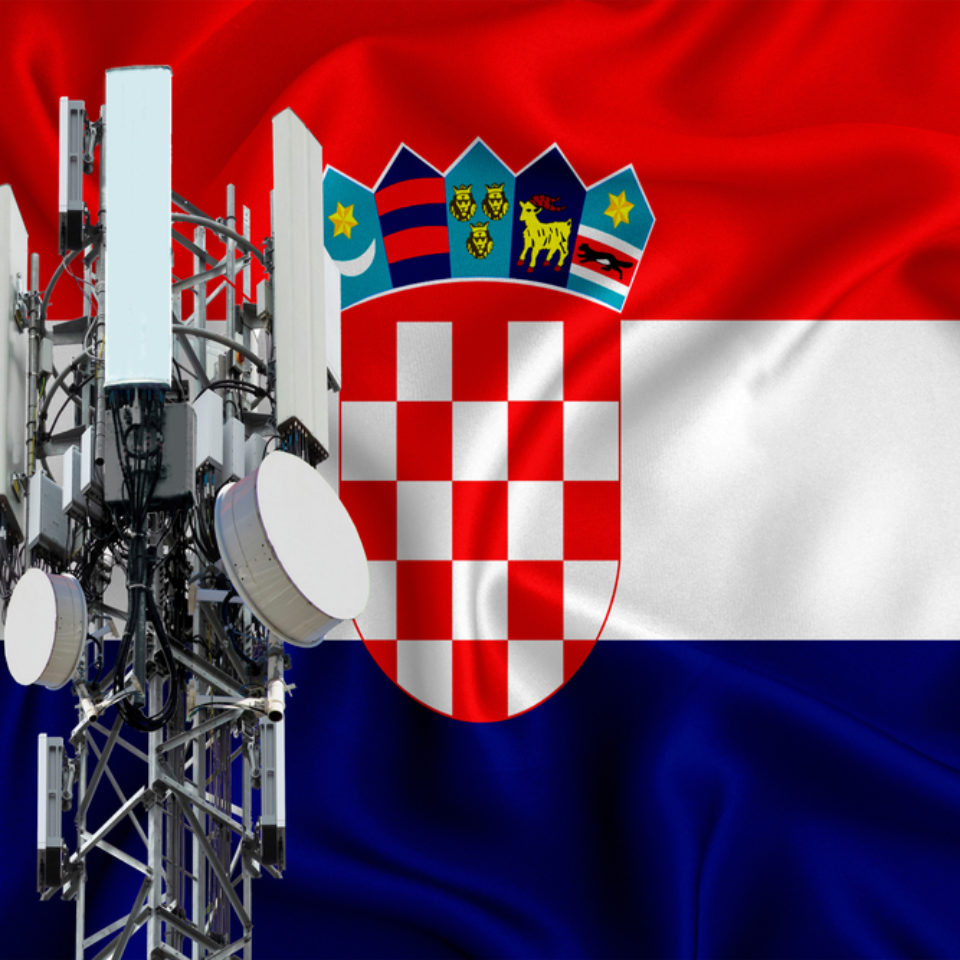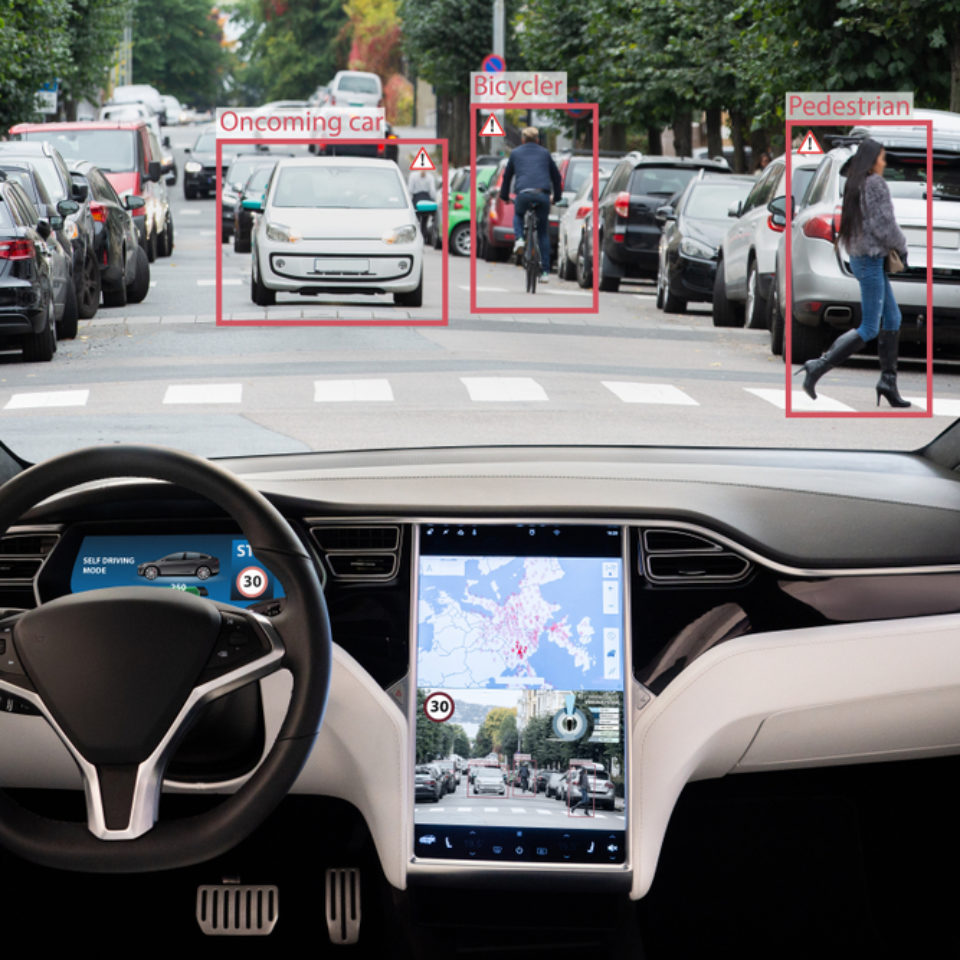5G network

Telecom leaders announce hundreds of millions of euros in 5G investments and a fully connected world
The development of 5G networks will attract enormous investments in both Croatia and worldwide, increase the total global GDP, as well as change everyday life and improve the economy, said Croatian telcos leaders at the “5G&beyond” conference, organized by 5G.hr and Markoja.

The 5G network is “4G on steroids”, joked Gordan Šišul, Ph. D., full professor at the Faculty of Electrical Engineering and Computing at the University of Zagreb, speaking on the potentials of the 5G network at the “5G&beyond” conference organized by 5G.hr and the company Markoja.

HAKOM president Miran Gosta: There will be another 5G auction, the goal is to provide 5G everywhere!
HAKOM, the Croatian Regulatory Authority for Network Industries, will organize a new auction on the allocation of spectrum frequencies for the development of 5G infrastructure at the end of this year, and at the beginning of 2023 at the latest.

More than a billion people in the world will have access to 5G networks by the end of this year, according to a report presented by GSMA at this year’s edition of the Mobile World Congress in Barcelona. Such data suggests that in the coming period, the deployment of 5G will be the fastest launch of a new generation network so far.
Portal 5g.hr koristi kolačiće kako bi osigurao bolje korisničko iskustvo i funkcionalnost. Više o postavkama kolačića možete saznati na stranicama Uvjeti korištenja i Politika privatnosti.





